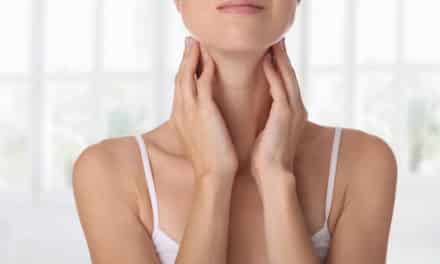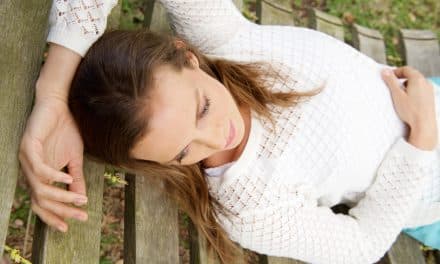We all worry about our first wrinkles and our first grey hairs, but we rarely ask ourselves how the passage of time affects our heart or other organs in our body, let alone our ovaries. Yet, ovaries are among the fastest ageing organs. Deterioration begins at the age of 30, and from the age of 35 onwards, this process accelerates progressively.
Therefore, from a biological point of view, doctors consider that from the age of 35 a woman is already “old” to become a mother. The problem is that nowadays, at least in Western countries and especially in Spain, few women consider becoming mothers before the age of 30, and many try to do so when they are approaching 40. Delayed motherhood, therefore, is one of the main reasons why fertility problems have increased.
We cannot fight against our biological clock. However, it is important for women to be better informed of this decline, as many discover that they have fertility problems when it is already too late. In this post, we explain some interesting facts about ovarian ageing, with the advice of Dr Claudia Forteza, a specialist in reproductive medicine at Dexeus Mujer, and Xus Murciano, the head of our Nutrition Unit.
- Why do ovaries age so quickly? Until fairly recently, the exact mechanisms of ovarian ageing remained unknown. However, a couple of years ago, a team of scientists from the US and China found that ovarian ageing is caused by oxidative stress, which becomes more pronounced over the years. This happens because the genes involved in activating cellular defences against oxidative stress become less active. On the other hand, there is a direct relationship between maternal age and the rate of embryonic chromosomal abnormalities. Indeed, this rate starts to increase exponentially after the age of 35. This makes it more difficult to conceive naturally and increases the rate of miscarriage from that age onwards, which becomes much higher from the age of 40.
- What exactly is oxidative stress? It is a natural phenomenon which we cannot avoid. To put it simply, our cells perform several functions involving biological reactions. These reactions are necessary for cellular life, but they lead to the creation of highly reactive molecules: free radicals (you’ve probably heard of them!). Fortunately, these molecules are very short-lived and disappear quickly. But while they are active, they react with everything around them. This is why, over the years, they can have negative effects, as they can cause alterations in genetic material (DNA) and other cellular structures.
- Can this ageing process be slowed down? It cannot be stopped, but it can be slowed down. To understand this, we first need to understand why we age. The physiological explanation is that our organism functions by maintaining a dynamic balance between degradation and repair processes. When this balance is disrupted, we age. The aging process involves many different elements, such as genetic inheritance, our lifestyle habits, and environmental factors (pollution, exposure to radiation, etc.), which can influence either side of the scale in a positive or negative way. If we want to slow down the aging process, it is therefore essential to avoid oxidative damage as much as possible and strengthen reparative processes. In the case of eggs, their growth and maturation depend on the proper functioning of different ovarian cells, which produce the hormones and nutrients necessary for follicle development. If these cells are damaged, this can lead to abnormalities. On the other hand, our reproductive system and sex cells are particularly sensitive to exposure to harmful substances such as tobacco, alcohol, radiation and chemical or toxic environmental agents.
- Is it true that a diet rich in antioxidants can help slow down ageing and repair this damage? There are no “miracle” diets, although it is advisable to include fruit, vegetables, beans and other foods rich in antioxidant compounds and vitamins in your diet. But the secret to healthy ageing is prevention: avoiding a sedentary lifestyle, staying active and eating a diet based on natural, fresh, local and seasonal products. This is because as we age, our metabolism slows down and we need to eat less but better.
- Is doing sport useful, or can it increase cellular “wear and tear”? It is all a matter of common sense: we must exercise, but without straining our body. Physical activity should therefore be adapted to your age and physical condition. The general recommendation for women is to exercise one hour a day. Regularity and consistency are key.
Still, the health of your reproductive system does not depend solely on maintaining good lifestyle habits. Infections, hormonal imbalances, certain genetic diseases or abnormalities, and even a low ovarian reserve can affect its functionality and your fertility. That is why it is important to have regular check-ups and a gynaecologist you can trust to answer any questions you may have.














